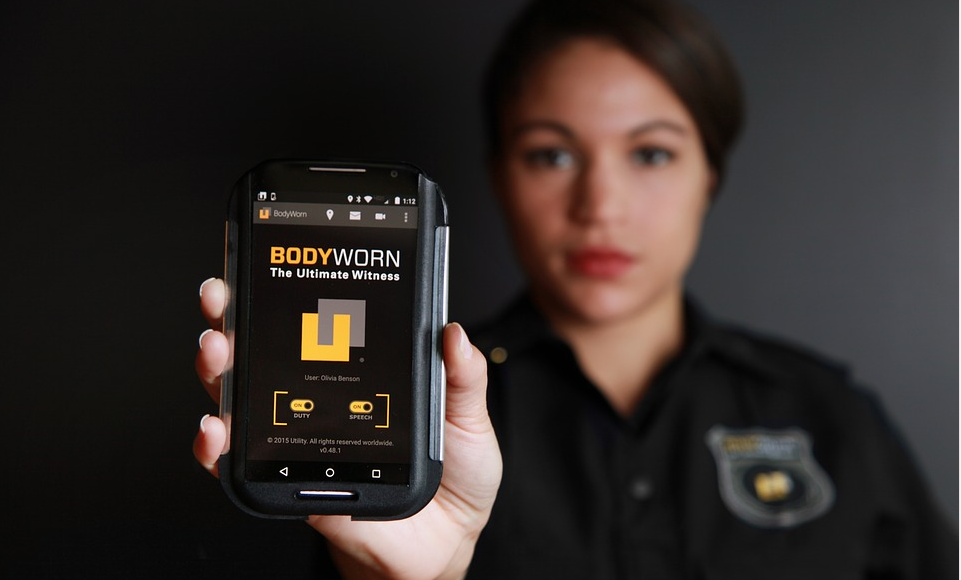As you know, IGGI uses rigorous social science tools to investigate significant yet understudied issues of controversy. To remind you of the research that we undertake, each of our upcoming posts will describe an IGGI project. See below for our project updates…and donate now!!!
IGGI PROJECT: Effective Oversight of Law Enforcement with Rapidly Advancing Technologies
The goal of this project is to provide a balanced analysis of how weapons development and new surveillance techniques challenge the delivery of constitutional policing. Our approach is to evaluate the influence of high technology developments on criminal justice management using public records and public datasets.
Part of the work has employed a dataset based on taser deployment to identify a common pattern of excessive use of force by police officers even in cases where the suspect is either passive or not actively resisting. Le and Moua (2015) wrote “Civilian Oversight and Developments in Less Lethal Technologies: Weighing Risks and Prioritizing Accountability in Domestic Law Enforcement,” which was published in the Seattle Journal for Social Justice.
Other issues that are being researched for inclusion in the analysis of high technology and police oversight include body cameras, license plate readers, and new tracking technologies such as radio frequency identification for human identity verification[1], among others.
As new technologies emerge and are implemented, practitioners of oversight must continue to adapt auditing and investigation procedures. Given new challenges, we will make technology-specific recommendations for practitioners affected by evolving challenges.
[1] “The Use of RFID for Human Identity Verification” Data Privacy & Integrity Advisory Committee Report No. 2006-02. Department of Homeland Security. Accessed on 2 October 2017. Retrieved from https://www.dhs.gov/xlibrary/assets/privacy/privacy_advcom_12-2006_rpt_RFID.pdf

